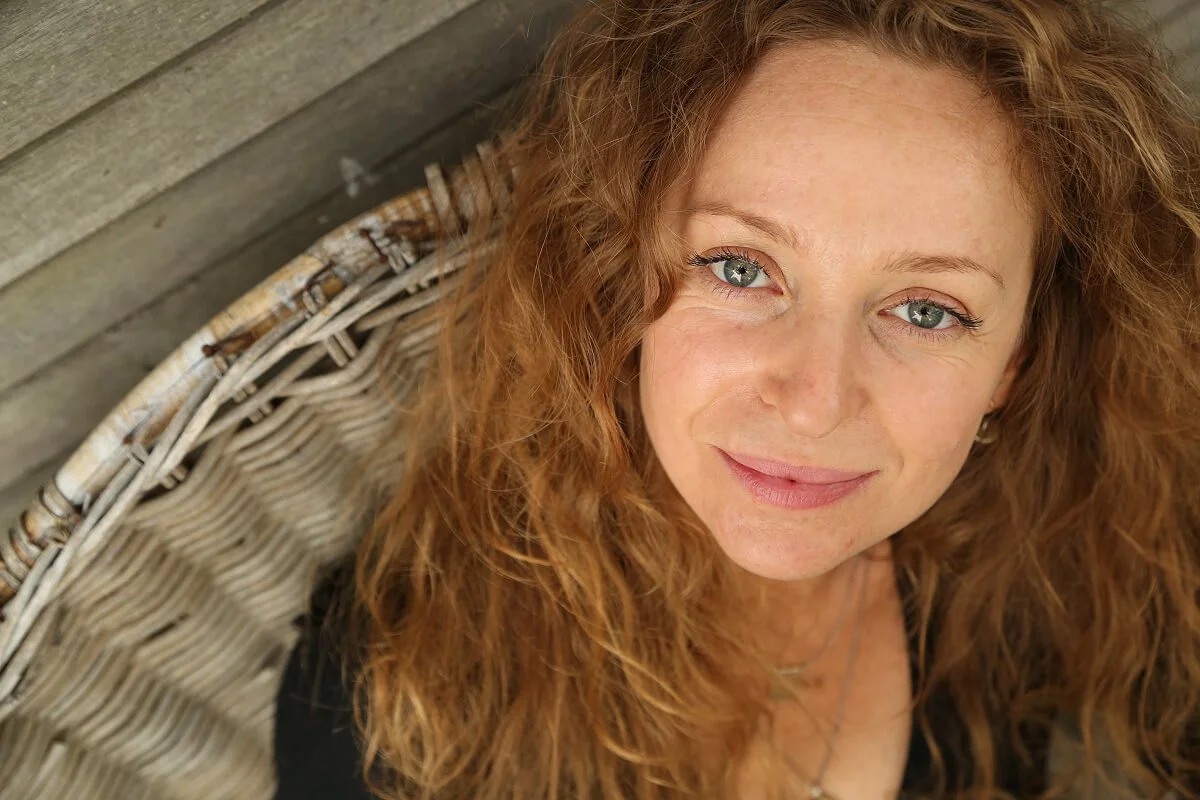
Therapy Approaches
My practice draws from diverse traditions, guided by years of experience and a commitment to continual learning.
I’ll meet you where you are, and we’ll find what fits.
-
Person Centered therapy is a talk-based psychotherapy, founded on an insight that it is the therapeutic relationship itself that heals.
Extensive research has shown the effectiveness of this approach, and Person Centered work now forms the foundation of the Humanistic therapies.
As a Person Centered psychotherapist, I form authentic relationship with my clients, based on genuine communication and an empathetic approach to human experience. Our sessions are less structured than behavioural therapies, as we let a present moment awareness guide our way. Using this approach you'll discover that within you there is a natural intelligence that guides the healing process.
My goal as a Person Centered psychotherapist is to recognise what is needed for your journey to unfold naturally, and to assist you in discovering your own capacity for insight, self-direction and personal transformation.
-
Emotion Focused Therapy (PEEFT) is a form of counselling that has been proven effective in the treatment of depression and anxiety.
It works by allowing difficult or disturbing emotions to rise safely to the surface in a non-threatening way, providing an instant catalyst for insight and change.
PEEFT focuses entirely on accessing the emotional ‘charge’ at the heart of your painful experiences. The goal is to release emotions trapped in your body, causing depression, anxiety and illness. This is a powerful technique that creates a depth of emotional processing that is difficult to achieve through traditional talk therapy.
You will discover that emotions are not harmful in themselves, and they do pass. It’s how you react to them, battle or resist them, that reinforces your painful feelings and makes you relive negative experiences. PEEFT helps you to move on.
-
Why am I here? What is my purpose? Who am I? What's the point? These are the ‘big’ questions at the core of our lives, and they often emerge as we navigate a crisis, face our mortality, or arrive at a turning point in our lives.
Existentialism is a school of philosophy dating back to the 19th Century. Existentialist philosophers explore the emotional facts that we all have to face, such as our mortality and heavy choices about how to live our lives, which greatly influence our behaviour, personal relationships and sense of freedom.
‘Freedom is what you do with what's been done to you.’
- Jean Paul SartreExistential counselling provides a constructive way to work through and face these difficult questions, as we all inevitably must do. By exploring the themes of mortality, personal meaning, freedom and responsibility, you’ll discover the impact these great forces are having on your behaviour and their place in the tensions you feel.Why am I here? What is my purpose? Who am I? What's the point? These are the ‘big’ questions at the core of our lives, and they often emerge as we navigate a crisis, face our mortality, or arrive at a turning point in our lives.
Existentialism is a school of philosophy dating back to the 19th Century. Existentialist philosophers explore the emotional facts that we all have to face, such as our mortality and heavy choices about how to live our lives, which greatly influence our behaviour, personal relationships and sense of freedom.
‘Freedom is what you do with what's been done to you.’ - Jean Paul Sartre
Existential counselling provides a constructive way to work through and face these difficult questions, as we all inevitably must do. By exploring the themes of mortality, personal meaning, freedom and responsibility, you’ll discover the impact these great forces are having on your behaviour and their place in the tensions you feel.
-
Transpersonal counselling integrates Western and Eastern psychology and allows your spiritual side to be acknowledged and explored in therapy.
Western psychology provides the more structured foundation for treatment; while Eastern and Shamanic traditions teach you how to explore the powerful aspects of yourself that the West has not yet embraced.
A "Bio-Psycho-Spiritual" Model
In the Transpersonal model you are seen you composed of biological, mental, emotional and energetic dimensions: it's the definitive ‘holistic’ approach. By contrast, when therapy focuses only on the mental aspect, or the 'ego', most of our natural resources for healing and personal transformation are not engaged.
Transpersonal counselling draws on the whole spectrum of your human consciousness to access your own resources for healing and insight.
This work brings you in touch with your personal human potential and allows for a relationship with your ‘whole’ self, creating a deeper and more meaningful life experience.
-
Dreams offer you nightly access to wise and neglected parts of yourself. By bringing them into your lived experience, you can live a fuller and more spontaneous life.
I encourage my clients to bring their dreams and nightmares to our sessions. Clients who do work with their dreams generally go therapeutically deeper, and faster.
Though dream analysis, you will discover the parts of yourself trying to emerge, and which are likely already impacting your daily life. It also brings with it a recognition of your pure potential, always trying to emerge from within.
-
Sometimes words aren’t enough.
Sand tray and symbol work offer a way to express what can’t easily be said.In a sand tray, you use miniature figures and natural objects to create scenes or landscapes that reflect your inner world. By arranging and moving symbols, unconscious feelings and stories can take shape — giving you a new way to see and understand yourself.
This process can be surprisingly powerful. It bypasses the thinking mind and opens space for insight, healing, and integration. You don’t need to be artistic or know what anything “means.” The images that emerge often speak for themselves.
Whether you’re exploring grief, change, relationships, or identity, sand tray and symbol work invite a deeper connection with your own intuitive wisdom — and a gentler way to listen to what’s inside.
-
Non-duality points to the part of us that isn’t broken or separate, even in the midst of struggle. Grounded in awareness and presence, this work gently loosens rigid self-stories and helps you access deeper regulation, clarity, and a more spacious sense of self.
Our Therapeutic Alliance
Decades of research show that the healing force in therapy lies in the therapeutic alliance, more than in any particular technique.
In short, it's the relationship that heals. How safe, understood, and supported you feel - is the strongest predictor of lasting change.
This means we both have an important role to play. I will give all I can in our time together, and will support you to give what you can. As trust builds naturally overtime, I hope you organically find that you want to open more and go further, creating more opportunities for deep work.
The Role You Play
The single most important factors for successful therapy are the therapeutic alliance, and of course, your commitment to the process.
This is why it is so important that you find a counsellor with whom you feel comfortable and safe.
What you get out of therapy will reflect the quality of your therapeutic relationship with your counsellor.
For example:
If your relationship is practical, your outcomes are likely to be practical.
If your relationship with your counsellor is honest, you are likely to enter into a more honest relationship with yourself.
If your relationship is strong, genuine and respects your individuality, you will emerge a stronger person, capable of genuine relationships, and more confident in your individuality.
It's worth taking the time to find the right counsellor for you.
Ready to Begin?
Ilana provides a safe, steady place to do honest work. You don’t need to be ready for everything. Just ready to begin.


